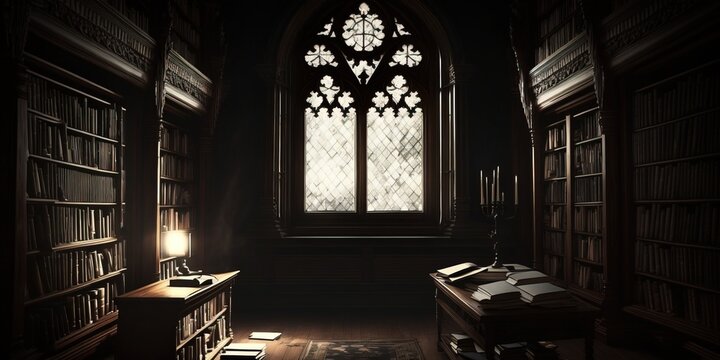
FAQ About Gothic Literature
Gothic Literature
2 years ago | gizem
What is the role of the "double" or doppelgänger in Gothic Literature?
The role of the "double" or doppelgänger in Gothic Literature is a recurring motif that serves to explore themes of duality, identity, psychological conflict, and the uncanny. The doppelgänger, which is a duplicate or mirror image of a character, is used in various ways to add complexity and depth to Gothic narratives. Here are some key aspects of its role:
- Symbolism of Duality: The doppelgänger represents the duality inherent in human nature. It often embodies the dark or suppressed aspects of a character's personality, serving as a manifestation of their inner conflicts and desires.
- Internal Struggles: The presence of a doppelgänger can be a reflection of the character's internal struggles. It may represent their struggle with temptation, guilt, or the consequences of their actions.
- Moral and Ethical Choices: Gothic literature frequently explores moral and ethical choices. The doppelgänger can symbolize the character's moral dilemma, with one side representing the right path and the other the temptation or wrongdoing.
- Psychological Conflict: Doppelgängers often engage in psychological conflict with their counterparts. This conflict may manifest as a battle for control over the character's actions or as a confrontation between the conscious and subconscious mind.
- Identity and Self-Reflection: The presence of a doppelgänger can lead characters to question their identity and confront their true selves. It forces them to grapple with the question of who they really are and what they are capable of.
- Foreshadowing and Omens: In some Gothic stories, the appearance of a doppelgänger serves as a foreshadowing of impending doom or as an omen of a character's fate. It can indicate that the character is on a path toward a tragic or inevitable outcome.
- Supernatural Elements: Doppelgängers often have supernatural qualities or abilities. They may possess knowledge or powers beyond those of the primary character, adding an element of the uncanny to the narrative.
- Temptation and Corruption: Doppelgängers are frequently associated with temptation and corruption. They may lead the character astray or entice them into morally questionable actions.
- Fear of the Uncanny: The presence of a doppelgänger can evoke the fear of the uncanny, where the familiar becomes unsettling. It challenges the boundaries of reality and raises questions about the nature of existence.
- Narrative Tension: Doppelgängers create narrative tension by introducing an element of unpredictability and instability. Readers are kept on edge, unsure of which version of the character will ultimately prevail.
